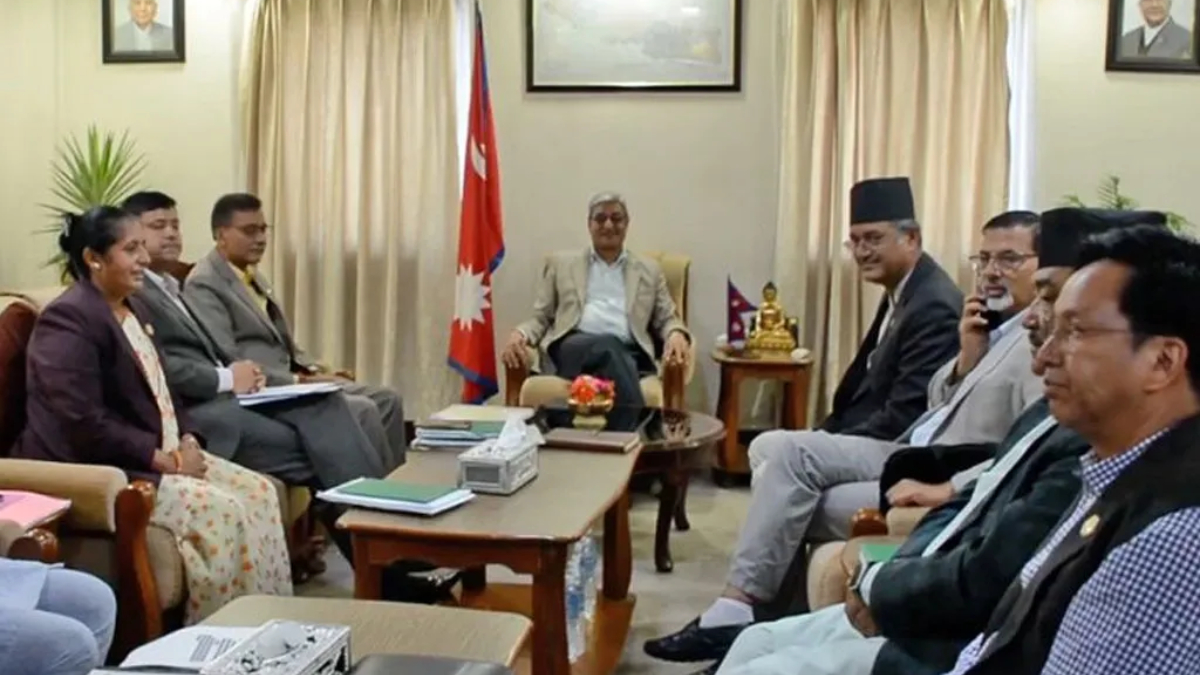
Major Political Parties Reach Agreement to Conclude Transitional Justice Process
In a significant development, Nepal’s three major political parties have reached an agreement on key issues related to the transitional justice process, marking a crucial step toward implementing the Comprehensive Peace Agreement (CPA) signed between the government and the former CPN (Maoist) rebels.
The agreement was reached by a taskforce consisting of leaders from the Nepali Congress, CPN-UML, and the CPN (Maoist Centre). The taskforce addressed contentious issues including the interpretation of conflict-era cases, relief, compensation, reparation, and justice delivery.
Janardan Sharma, a leader from the Maoist Centre and head of the taskforce, announced that the parties have resolved major disagreements, culminating in a four-point agreement. “Following rigorous discussions, we have addressed the four thorny issues,” Sharma said.
Key points of the agreement include:
- Definition of Murder: Intentional or arbitrary killing will now be classified as murder.
- Relief and Compensation: Families of security personnel who lost their lives during the conflict will receive relief, compensation, and reparation. A similar scheme will be provided for combatants deemed disqualified.
- Case Adjudication: If the victim’s side does not consent to a conflict-era case, it will be recommended to the Attorney General for adjudication. Cases will be judged based on criminal justice principles while adhering to transitional justice standards.
The taskforce’s report will be submitted to top leaders and later forwarded to the Law, Justice, and Human Rights Committee of Parliament for endorsement. Sharma expressed satisfaction with the progress, emphasizing that it represents a significant achievement.
Home Minister Ramesh Lekhak praised the agreement as a resolution of remaining peace process tasks. “It is an achievement. Now, we are in a position to finalize the issues,” Lekhak said.
UML Chief Whip Mahesh Bartaula also highlighted the positive development, noting that the agreement was reached in alignment with transitional justice principles and national and international standards. He emphasized that the focus is on ensuring justice for victims and accountability for perpetrators.
The agreement is seen as a major step in addressing the long-standing issues of the peace process, which has been a priority for both national and international stakeholders. Seventeen years after the signing of the CPA, the resolution of these issues marks progress in healing the conflict-era wounds.
Despite previous attempts to establish transitional justice mechanisms, political disagreements had stalled progress. This agreement represents a significant breakthrough in moving forward with the peace process.













Comments